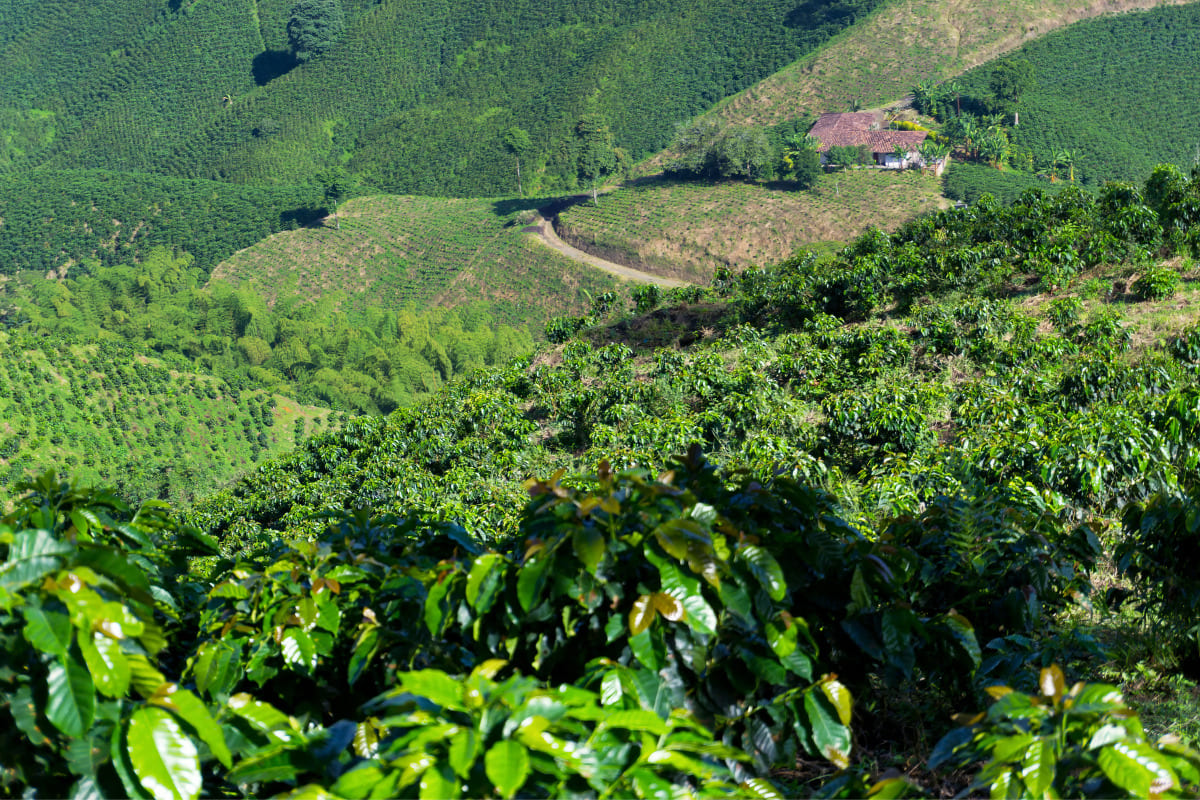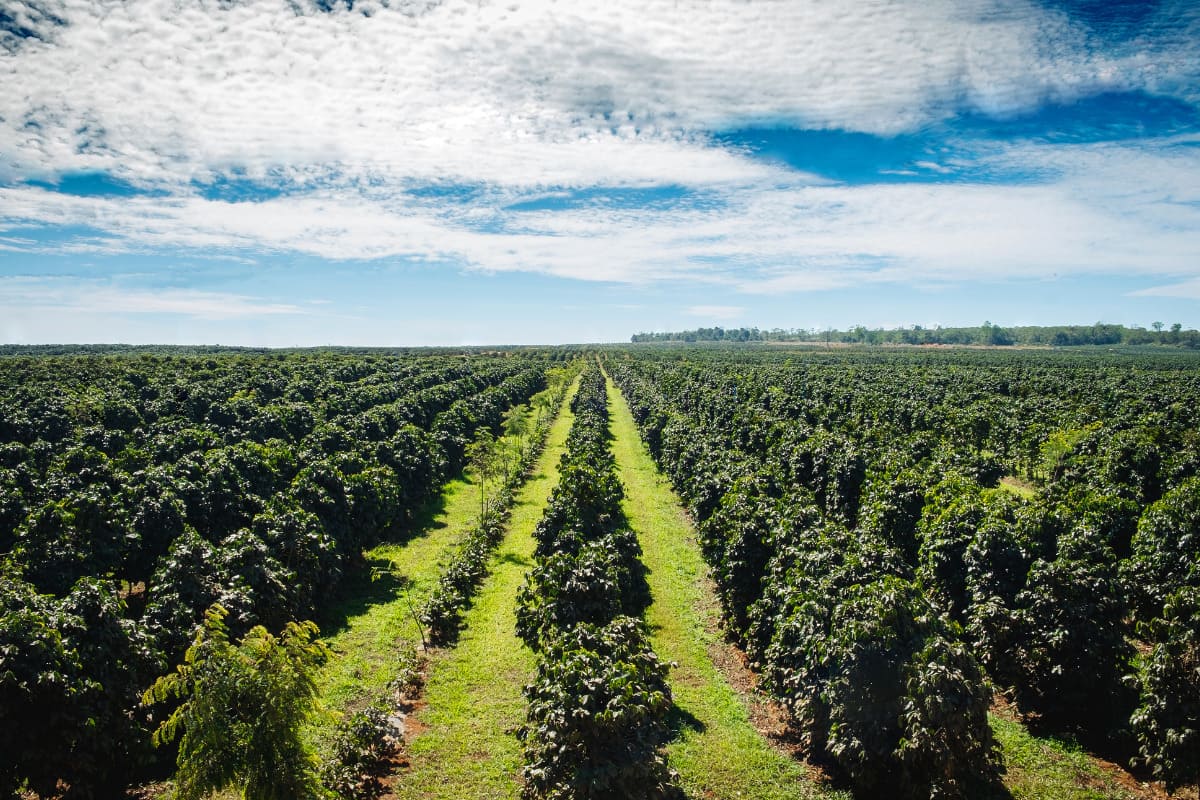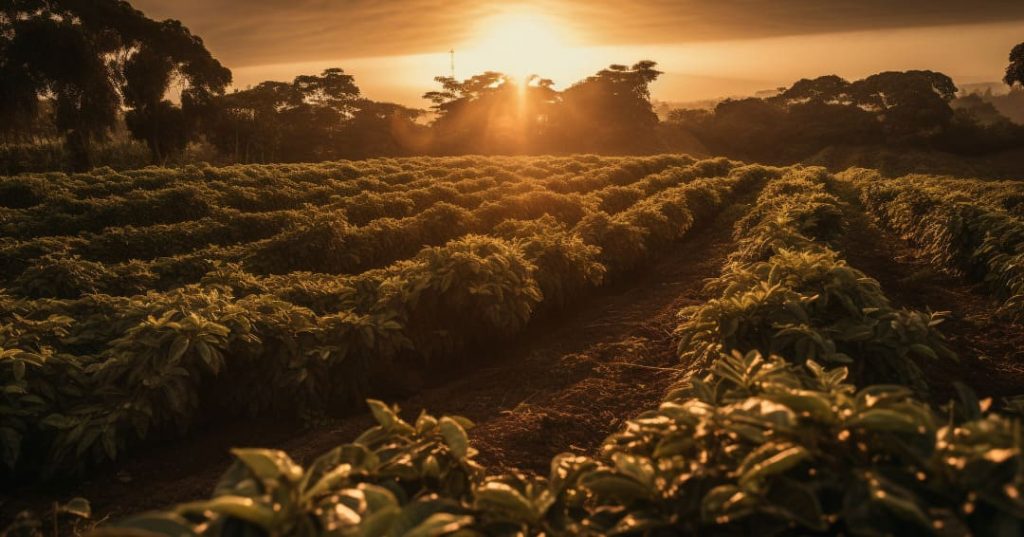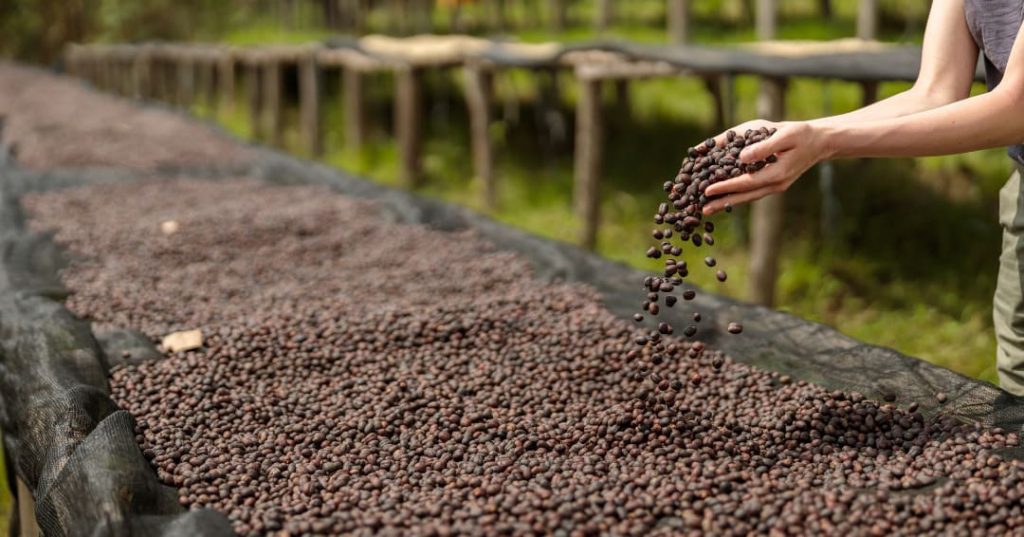The European Union Deforestation Regulation (EUDR) is one of the most important regulations for companies trading coffee, soy, palm oil, cocoa or other products in the European Union. The EUDR in 2025 aims to curb deforestation and promote responsible supply chains throughout the process.
From 30 December 2025, all large companies operating in the EU will have to ensure that their products are not linked to deforestation and forest degradation. By contrast, micro and small companies will have until 30 June 2026 to comply with this obligation.
In this article, we explain the key obligations of the EUDR in 2025, how it affects the coffee market and other products, as well as the steps your company needs to take to ensure compliance.
What type of company are you: operator or trader?
The first step in complying with the EUDR in 2025 is to identify whether your company is an operator or a trader, as the obligations vary according to this distinction. Firstly, trader companies are those that are in the business of bringing products into the EU market for the first time.
For example, a company importing coffee beans from Latin America, once it brings them into Europe, is considered a trader. They will also assume most of the responsibility with the EUDR in 2025 because they will:
- They will perform full Due Diligence: aggregate information on the origin of the coffee or cocoa, assess risks and take corrective action.
- Control traceability: demonstrate the origin of the product from the farm to its entry into the EU.
Traders, on the other hand, buy and sell products that are already in circulation in the EU. Their main functions are to ensure the traceability of the product and to keep all their records of provenance and suppliers. Knowing whether your company is an operator or a trader is essential to understanding the obligations you will have to take on under the EUDR in 2025.
From which country do the coffee or cocoa beans marketed by your company originate?
The second step to comply with the EUDR in 2025 is to identify the country of origin of the coffee or cocoa beans. Therefore, it is essential to recognise the top 10 coffee-producing countries in the world. You must follow up because if you do not comply with the EUDR in 2025, you will not be able to sell coffee or cocoa in the European Union. In addition, you will face economic sanctions and seizure of the products.
Failure to comply with the EUDR can lead to fines of up to 4% of the previous year’s EU turnover.
The EUDR solution developed by Coolx differentiates between high and low deforestation risk countries. Coffee or cocoa beans from high-risk countries will be subject to stricter controls. Of course, your company must comply with a number of recommended actions to ensure compliance with the EUDR by 2025:
- Review the list of suppliers and their countries of origin.
- Consult the EU risk classification to determine whether the countries of origin are high or low risk (yet to be published).
If your company imports coffee beans from countries such as Brazil, Colombia or Ivory Coast, where deforestation is a concern, you will need to do more rigorous Due Diligence. That is, you will need to collect information about the farm and the geolocation of the agricultural land.
Where does your company fit in to comply with the EUDR in 2025?
To comply with the EUDR in 2025, your coffee or cocoa company can be classified into three different categories. Where you are located will determine the level of control and Due Diligence obligations you will need to undertake.
- Companies with high deforestation risk products: those trading products from Brazil or Africa. They must guarantee full traceability of the product from the farm to its entry into the European Union.
- Companies with products at low risk of deforestation: they must demonstrate that their products are not linked to deforestation. Traceability will be simpler, but they must have documentation of origin and carry out occasional audits.
- Companies with products not affected by the EUDR: they are not obliged to comply with the regulation, although they often apply voluntary controls to reinforce their commitment to sustainability and anticipate future updates.
If you still want to know where you fit in, follow three simple steps: identify your country of origin, check whether your company is an operator or a trader, and make sure your product falls within the EUDR-regulated products. Once you have defined your category, you will be able to implement the necessary control measures to comply with the EUDR by 2025 and avoid penalties.

EUDR in 2025: take action
To be fully compliant with the EUDR in 2025, your coffee, soy, palm oil or cocoa company must implement a Due Diligence System. The three points to follow are:
- Obtain the necessary information: this mainly consists of geolocation of the farms where the beans are grown, documentation of land ownership, and invoices and transport documents, among others.
- Risk assessment: recognise whether the country of origin has a high or low risk of deforestation, use satellite analysis technology to verify farms and check for non-compliance with the law.
- Take corrective action: conduct internal supply chain audits and develop an action plan to reduce risk.
At Coolx we are experts in helping companies comply with EUDR regulations. Our software integrates satellite analysis, document collection and risk assessment tools to help companies meet their obligations efficiently. We take care of simplifying the Due Diligence process, ensuring compliance and helping to protect the environment. With Coolx, compliance is not just an obligation, it is an opportunity to lead the change towards sustainable trade.



